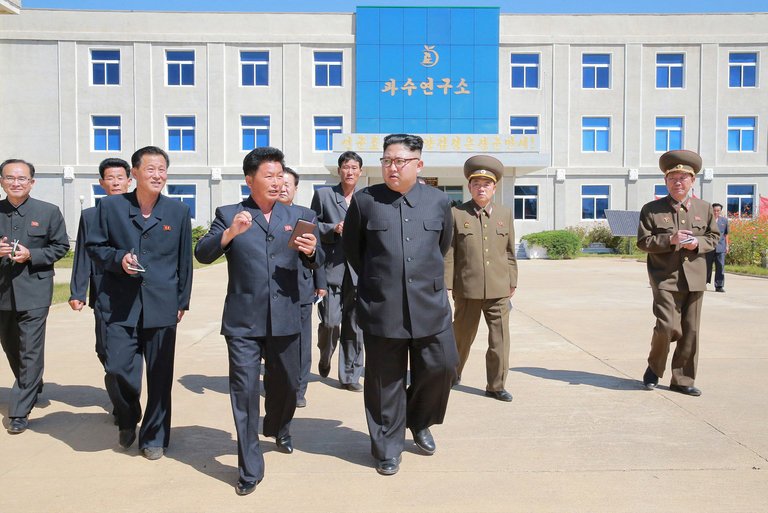
La Corea del Nord e la corruzione: ecco l’ennesima ferita sanguinante per la middle-and low class coreana
Un’altra “pedina” da eliminare, quella della corruzione che ultimamente sta dilagando in Corea del Nord. Dall’altra parte della scacchiera un avversario forte e temibile: Kim Jong-un. Una partita ancora aperta, ma che al momento vede in netto vantaggio il dittatore nordcoreano. Quest’ultimo ha, infatti, disposto che le autorità richiedano pagamenti di una certa somma utilizzando pretese diversificate ed in continuo aumento; a poco serve il rifiuto governativo dell’accumulazione di ricchezza personale di stampo anti-socialista. Decine di unità di polizia e personale dell’esercito sono tenuti a fermare le auto ed i camion che trasportano merci per domandare loro “i soldi per il pranzo”, costringendo gli sventurati a concedere circa 30-40 dollari ai gruppi militari. Questa pratica tanto scorretta quando improbabile in altri Paesi, si sta presto trasformando in consuetudine e si diffonde sempre più l’usanza, per gli autotrasportatori, di tenere preventivamente da parte una somma di denaro da donare alle unità di polizia.
Ma automobilisti e camionisti non sono gli unici a dover soccombere a queste nuove regole: pare che anche le classi più agiate, le cosiddette élites, non siano immuni al pagamento di tali tangenti. Ma se è vero che in questo ordine mentale creato da Kim Jong-un ogni classe è uguale alle altre, è pur vero che “l’ordine sociale” creato tra le varie stratificazioni sociali sembra non procedere nella stessa direzione. Le tangenti imposte all’upper class ricadono inevitabilmente sulla middle-and low class, a riprova del detto infantile, ma quanto mai veritiero “ciò che è mio è mio, ciò che è tuo è mio”.
L’effetto che inevitabilmente viene a crearsi all’interno di questo contesto sociale è un sentimento pubblico che si sta portando ai minimi livelli, in una proporzione diretta con l’intensificazione del livello di tirannia prodotta da Kim Jong-un. Capita, a volte, che i gruppi militari vengano accusati di corruzione, ma non esiste, di fatto, un reale interesse nel punire i colpevoli e quindi accade sempre che le stesse accuse cadano poi nel dimenticatoio.
Persino la polizia pare sia costretta al pagamento di tangenti pari a 70 dollari ed ogni squadra militare abbia ordinato ai propri sottoposti di riscuotere l’importo richiesto in segno di lealtà al regime. Condizione, questa, che fa vivere l’intero sistema sociale in un clima di totale soggezione ed ansia legata al timore di non essere all’altezza delle aspettative della guida suprema della Repubblica coreana.
“Se non si può utilizzare la legge per estorcere denaro, allora non si ha ciò che serve per portare a termine il proprio lavoro” è, di fatto, una frase più volte pronunciata dai gruppi militari di rango elevato nei confronti dei propri sottoposti. Applicando questa “nuova norma”, le squadre militari si stanno diffondendo a macchia d’olio per tutta Pyongyang, attraverso un sistema che potremmo tranquillamente definire una rapina legittimata. La vendita di merci contrarie alla politica socialista vede come unico mezzo di espansione la corruzione delle autorità coreane ed il conseguente dilagarsi di un sistema di corruzione che non trova ancora fine.
La situazione nordcoreana non ha quindi condotto solo ad un malcontento interno generale, bensì ha ottenuto come risposta una serie di sanzioni internazionali, le quali non permettono da tempo ormai alla Corea del Nord di guadagnare valuta estera, producendo così una serie di ripercussioni interne ed esterne che non accennano ad arrestarsi.
